By PatMacTech Solutions – Data • Innovation • Growth


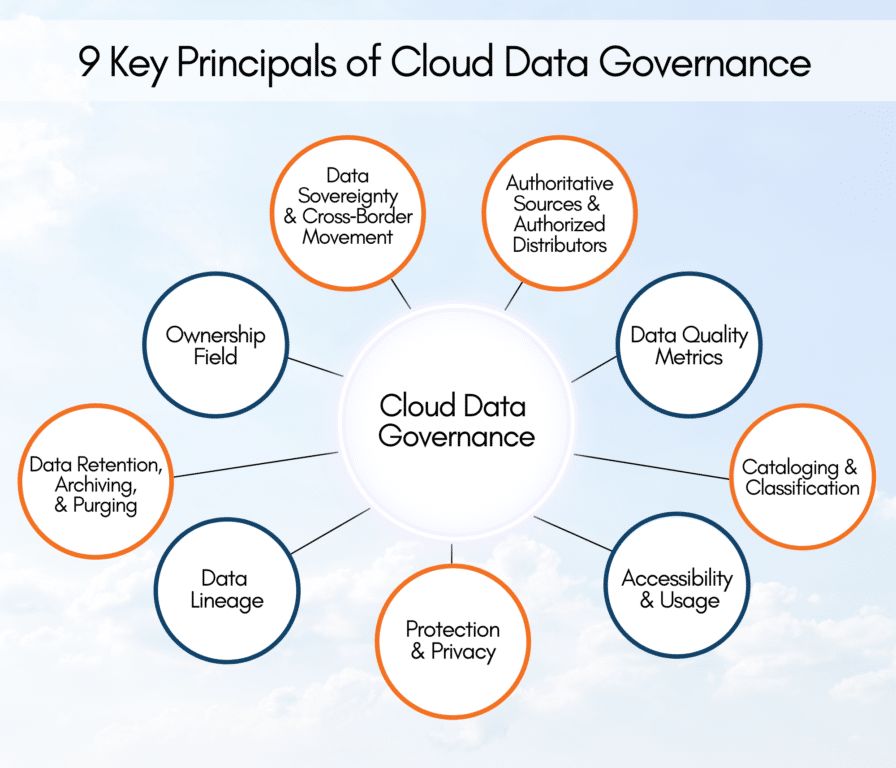
Executive Summary
In an era where artificial intelligence and data-driven systems power everything from banking to transportation, the true bottleneck isn’t technology — it’s the quality, ethics and governance of the data fueling those systems. Organisations and governments worldwide are discovering that unreliable or biased data can lead to misguided decisions, fairness failures and exclusion. At the same time, clean data — properly governed, transparent and ethically handled — unlocks a platform for inclusive innovation, financial inclusion and sustainable development. This article explores how unreliable or biased data leads to poor decisions, and how clean data governance, cloud architecture and ethical-AI frameworks can drive fair innovation across both the United Kingdom and Africa.
The Cost of Dirty Data
Data that is incomplete, inconsistent, unverified or inherently biased — often termed “dirty data” — is more than just a nuisance; it is a strategic liability. Studies estimate that poor data quality costs companies an average of US $12.9 million annually. (lakeFS) Across entire economies, the losses swell into the trillions — IBM estimated that in the U.S. alone, the cost of poor data quality reached approximately US $3.1 trillion annually. (SAP Community)
For Africa and the UK, this means that deploying AI or data-platforms without first addressing data quality is akin to building on sand. In Africa for example, inconsistent data governance and poor infrastructure result in low digital-trust environments; in the UK, firms may have excellent data collection but still struggle with cross-border fairness, data drift and legacy bias.
Fishing decisions, credit-scoring, health-analytics, transport routing — all rely on clean foundational data. Without it, AI models become “garbage in → garbage out”, producing flawed insights or unfair outcomes.
As one review observes: “Frequent reports of data drift and long investigation times… AI projects do not deliver expected results when data foundations are weak.” (ataccama.com)
Ethical AI: The Imperative for Fair Progress
Technology is not morally neutral. As organisations increasingly embed AI in decision-making, the ethical dimension cannot be an afterthought. Ethical AI is guided by core values such as fairness, accountability, transparency and privacy — as captured by frameworks like those from OECD, Microsoft and Cisco. (OECD)
In short:
- Fairness – AI should not treat similar individuals or groups differently without justification. (Microsoft Learn)
- Transparency – Stakeholders must understand how decisions are made and which data was used. (Human Made)
- Accountability & Oversight – There must be human-in-the-loop, traceability, and audit logging. (diversityglobal.com)
- Privacy & Security – Respect for individual rights and robust data protection. (iapp.org)
The connection is clear: Ethical AI is only possible when the underlying data is trustworthy. A biased, incomplete dataset leads to unfair models no matter how advanced the technology.
As the UNESCO recommendation emphasises: AI actors should promote social justice, fairness and non-discrimination, while enabling inclusive growth and development. (UNESCO)
In the UK-Africa context, this means deploying AI not just for profit, but for inclusive, equitable outcomes — whether in finance, agriculture, health or mobility.
Clean Data: The Bedrock of Ethical Intelligence
At the heart of this shift is a simple truth: Clean data is the foundation for reasoning machines and trusted insights. Without it, you are making decisions on shifting sand.
We can visualise a “Data–Ethics–Sustainability Triangle” where:
- Data Quality – strong governance, lineage, validation, ownership
- Ethics & Transparency – fairness, human oversight, explainability
- Sustainability & Inclusion – equitable growth, financial inclusion, trust



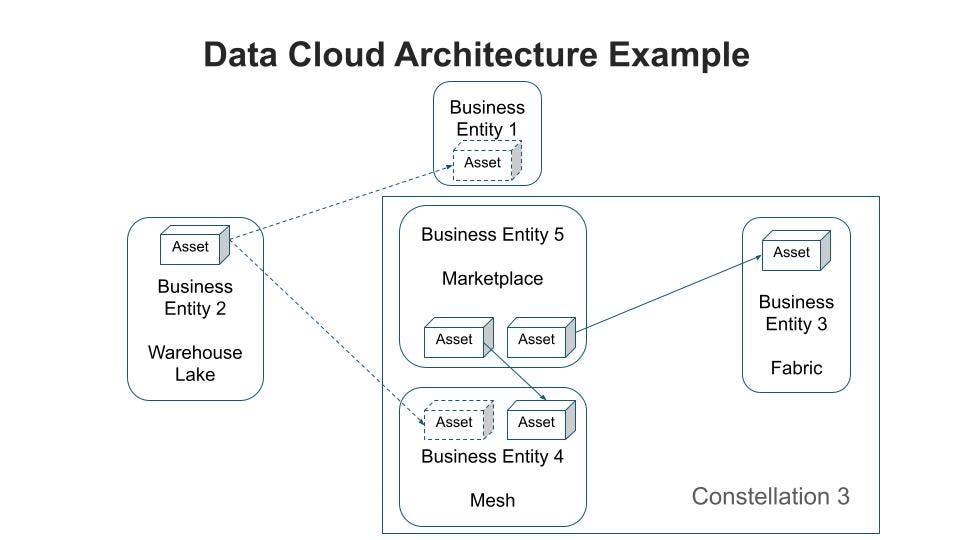
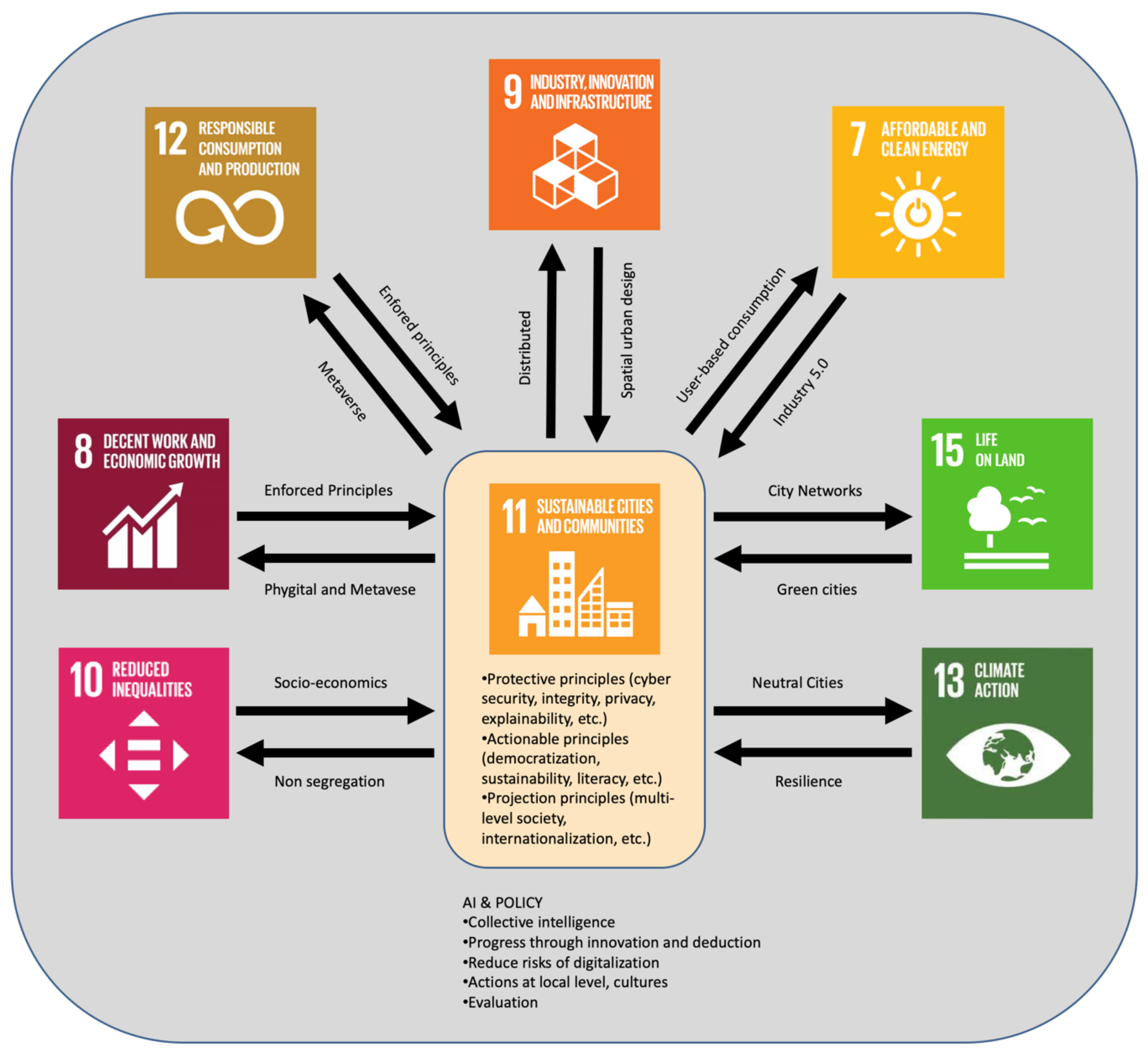

Implementing this triangle means firms and ecosystems must:
- Establish data-ownership, lineage and quality metrics. (ataccama.com)
- Adopt ethical AI frameworks that integrate with data pipelines.
- Align innovation with sustainable development goals (SDGs) for inclusion.
Cloud platforms and modern architecture are enablers — not just storage. They bring automation, traceability, auditing and scalability to clean-data strategies.
Governance & Cloud: The Infrastructure for Trust
The cloud era means data-platforms now offer far more than compute: they offer governance guardrails. Secure cloud environments help organisations manage data access, metadata, lineage, role-based permissions and auditing.
For example, Microsoft’s Responsible AI standard emphasises privacy, security, inclusiveness, and transparency — all of which depend on properly managed data. (Microsoft Learn)
For African nations and UK firms alike, building an “ethical cloud” (secure infrastructure + governed data + transparent AI) is essential. This means shifting from siloed data lakes to governed data ecosystems.
What this looks like in practice:
- A finance platform where every transaction is traced, anomaly flagged, and decision-logs maintained.
- An HR-system where data is enriched, validated, and used only for defined purposes.
- A mobility platform where driver- and rider-data are analysed ethically, decisions audited and bias mitigated.
Governance frameworks like ISO 38505 (data governance for analytics and AI) or DAMA‑DMBOK serve to anchor these practices in policy and business operations.
Africa & UK: A Synergy for Ethical Innovation
The UK boasts mature tech ecosystems and strong regulatory frameworks (GDPR, data-protection laws). Africa, meanwhile, offers dynamic growth, youth talent and the possibility to skip legacy errors. The opportunity? A cross-continent bridge where UK governance meets African opportunity.
At PatMacTech Solutions, our role is clear:
- We deploy platforms (such as PMT Finance, PMT HRFlow, FlexyRide) that embed data governance and ethical AI from the start.
- We run academy and training programmes in Ghana and the UK to build shared talent capability.
- We partner with ministries and NGOs to apply clean-data design for inclusive development — whether in financial services, mobility or health.
In practical terms: A Ghanaian microfinance firm using PMT Finance benefits from a dashboard that shows client-data lineage, bias-check, and decision-logs — thereby supporting financial inclusion and mitigating underwriting bias.
The Path Forward: Clean Data for Inclusive Growth
As we look to 2030 and beyond, three strategic steps will define leading organisations and nations:
- National Clean-Data Programmes – Invest in data-cleaning infrastructure, upskilling and governance at a systemic level.
- Ethical-AI Audits and Certification – Before deploying models, organisations must validate for fairness, explainability and bias.
- Data-Literacy at Scale – From tech-talent to decision-makers and citizens. Democratise understanding of data rights, bias and inclusion.
The World Economic Forum emphasises that nations investing in ethical data infrastructure will dominate digital trade and innovation—supporting inclusive growth and well-being. (OECD)
In our view, clean data is the new renewable resource and ethical AI is its steward.
Conclusion & Call to Action
The divide between raw data and trusted intelligence is closer than we think — but the gap between unmanaged data and meaningful, fair AI is vast. Clean data and ethical AI are not optional extras; they are foundational to sustainable development, inclusion and innovation.
At PatMacTech Solutions, we believe in a world where data empowers everyone — not just the few. We invite you to join this journey: whether you’re a business leader in the UK, a tech-talent in Ghana, or an innovator poised for global impact — the tools, frameworks and responsibility are real, and the future is inclusive.
Innovation must serve humanity. Clean data, ethical AI, shared growth. Let’s build it together.
Discover more at www.patmactech.com or contact us to explore how our platforms and training can support your journey.
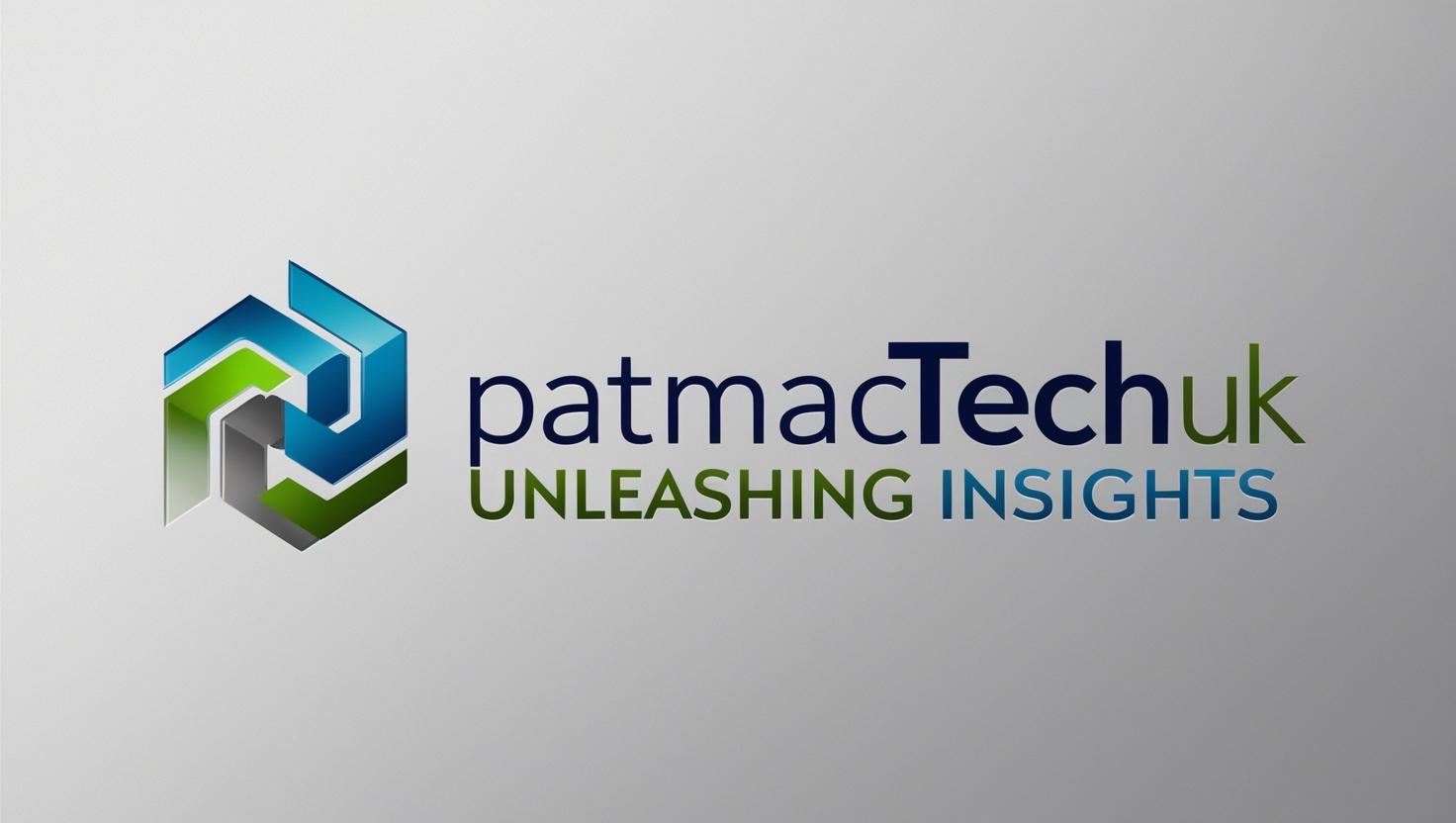
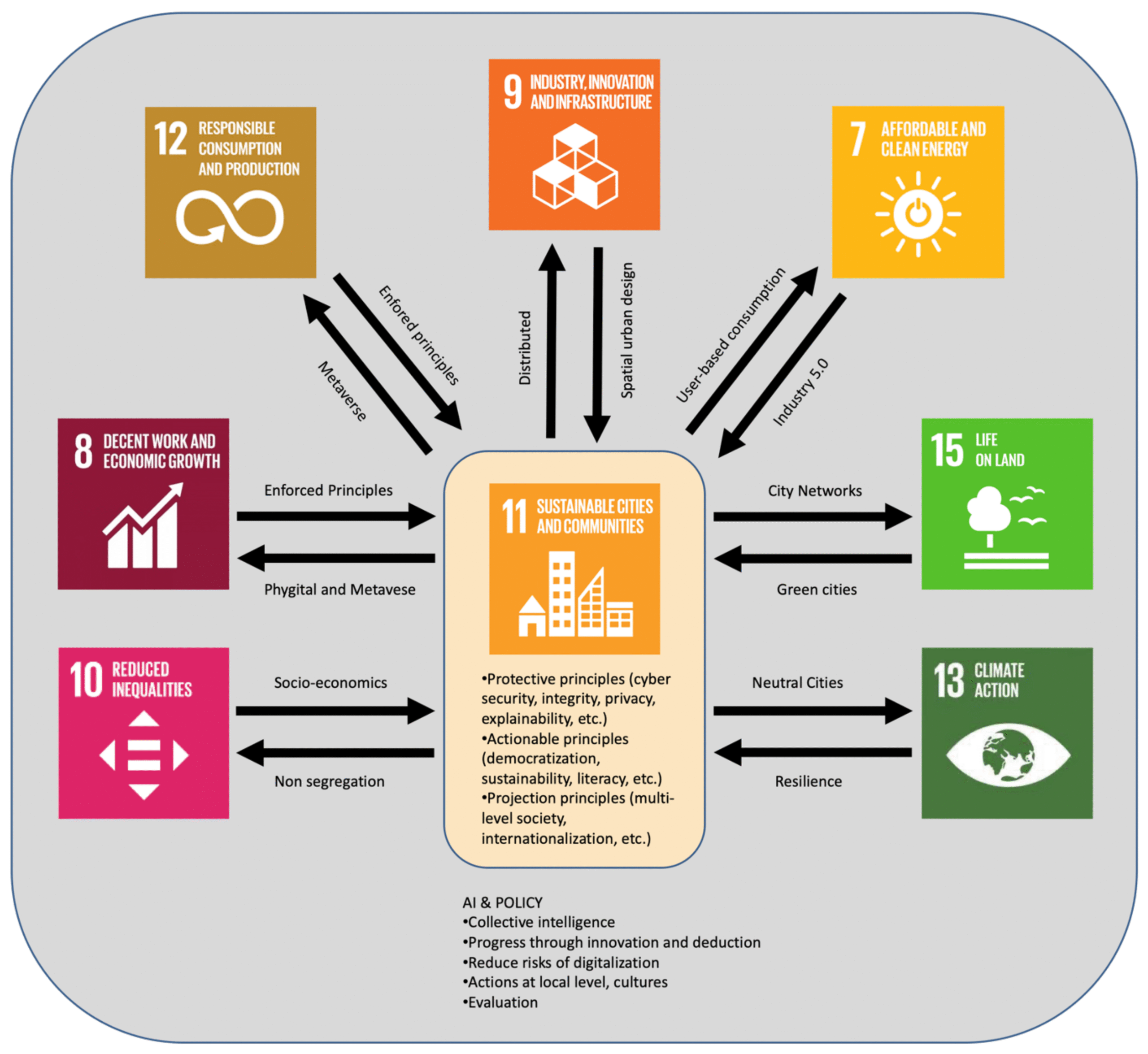
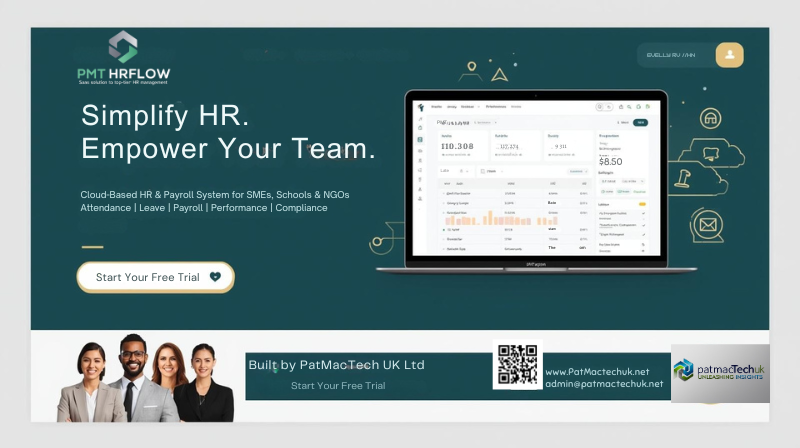

Leave a Reply